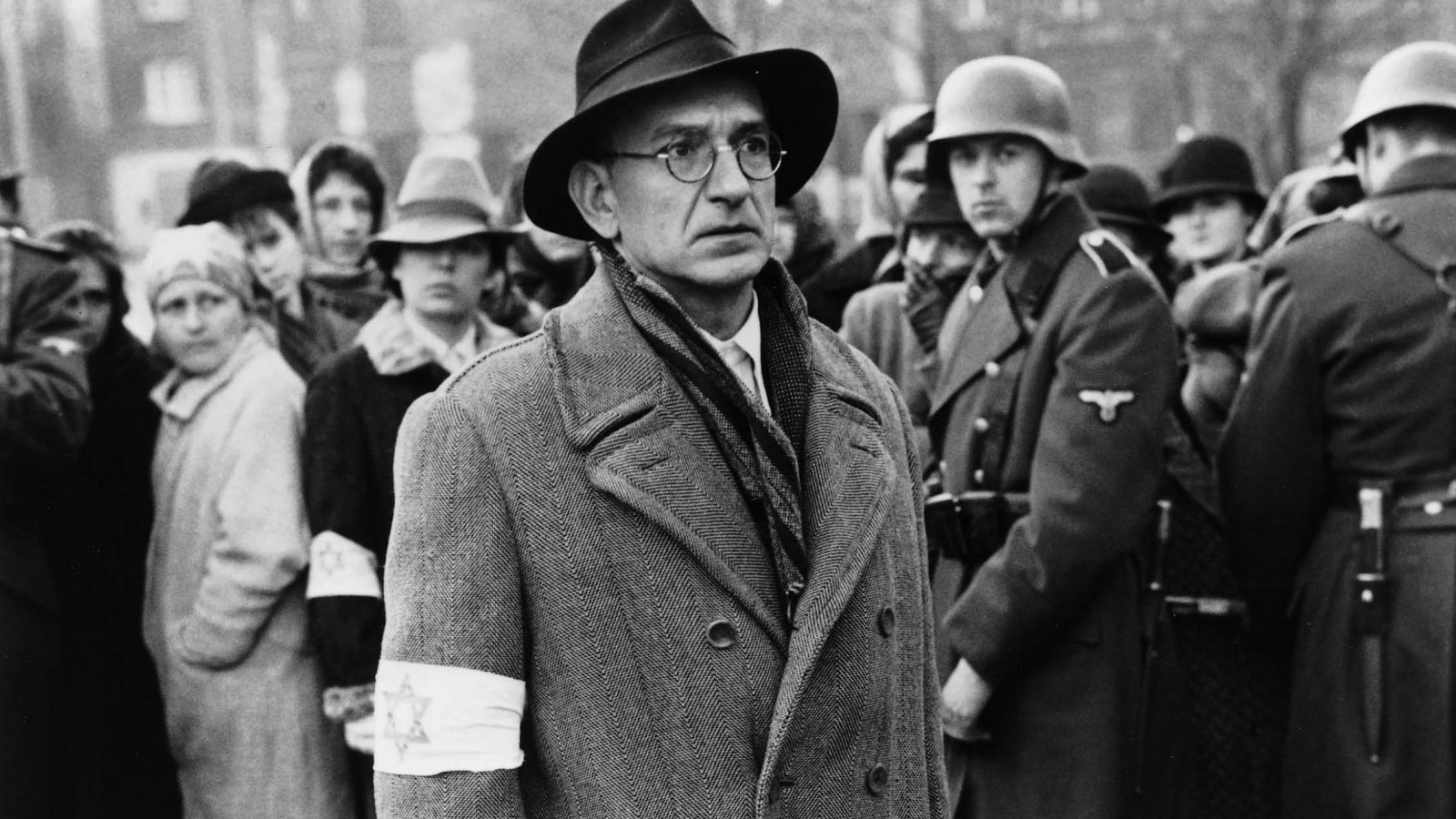Schindler’s List (1993)

“Schindler’s List” (1993) is a powerful historical drama directed by Steven Spielberg, widely regarded as one of the most important and impactful films about the Holocaust. The film is based on the true story of Oskar Schindler, a German businessman who saved over a thousand Jewish lives during World War II by employing them in his factory.
The film stars Liam Neeson as Oskar Schindler, a member of the Nazi Party who initially seeks to profit from the war by establishing a factory that utilizes Jewish labor. As the horrors of the Holocaust unfold, Schindler undergoes a profound transformation. Witnessing the brutalities inflicted upon the Jewish people, he becomes increasingly motivated to use his wealth and influence to protect his workers from deportation and death.

Ben Kingsley plays Itzhak Stern, Schindler’s Jewish accountant and confidant, who helps him manage his factory and assists in compiling the list of names of those who would be saved. Stern’s character is integral to the narrative, providing a bridge between Schindler and the Jewish community and illustrating the complexities of their relationship.
Ralph Fiennes delivers a chilling performance as Amon Goeth, a sadistic Nazi officer who oversees the labor camps where Schindler’s workers are sent. Goeth’s character is a haunting representation of the cruelty and dehumanization perpetrated by the Nazi regime.

“Schindler’s List” is renowned for its unflinching portrayal of the Holocaust’s atrocities. The film’s use of black-and-white cinematography, combined with its sparse but powerful use of color, enhances its historical authenticity and emotional impact. Spielberg’s direction is both respectful and harrowing, ensuring that the horrors of the Holocaust are depicted with a level of realism that compels viewers to confront the inhumanity of the era.

The film’s screenplay, adapted from Thomas Keneally’s novel Schindler’s Ark, is meticulously crafted to capture the complexities of Schindler’s character and the moral dilemmas he faced. The narrative delves into themes of redemption, sacrifice, and the power of individual action in the face of overwhelming evil. Schindler’s journey from a war profiteer to a savior of lives underscores the transformative power of empathy and courage.

John Williams’s score for the film, featuring violinist Itzhak Perlman, is haunting and evocative. The music underscores the film’s emotional depth and serves as a poignant counterpoint to the stark visuals of the Holocaust.
“Schindler’s List” received universal acclaim upon its release, earning seven Academy Awards, including Best Picture, Best Director, and Best Adapted Screenplay. The film is often praised not only for its artistic achievements but also for its role in educating audiences about the Holocaust and honoring the memory of its victims.

The impact of Schindler’s List extends beyond cinema, serving as a powerful reminder of the atrocities of genocide and the enduring importance of human dignity and justice. It has been used extensively in educational settings to teach about the Holocaust and the moral imperatives of history.
In conclusion, Schindler’s List is a profoundly moving and important film that stands as a testament to the capacity for human compassion and the impact one individual can have in the face of great evil. Its combination of compelling storytelling, stark realism, and deep emotional resonance ensures that it remains a significant and influential work in the history of cinema.











